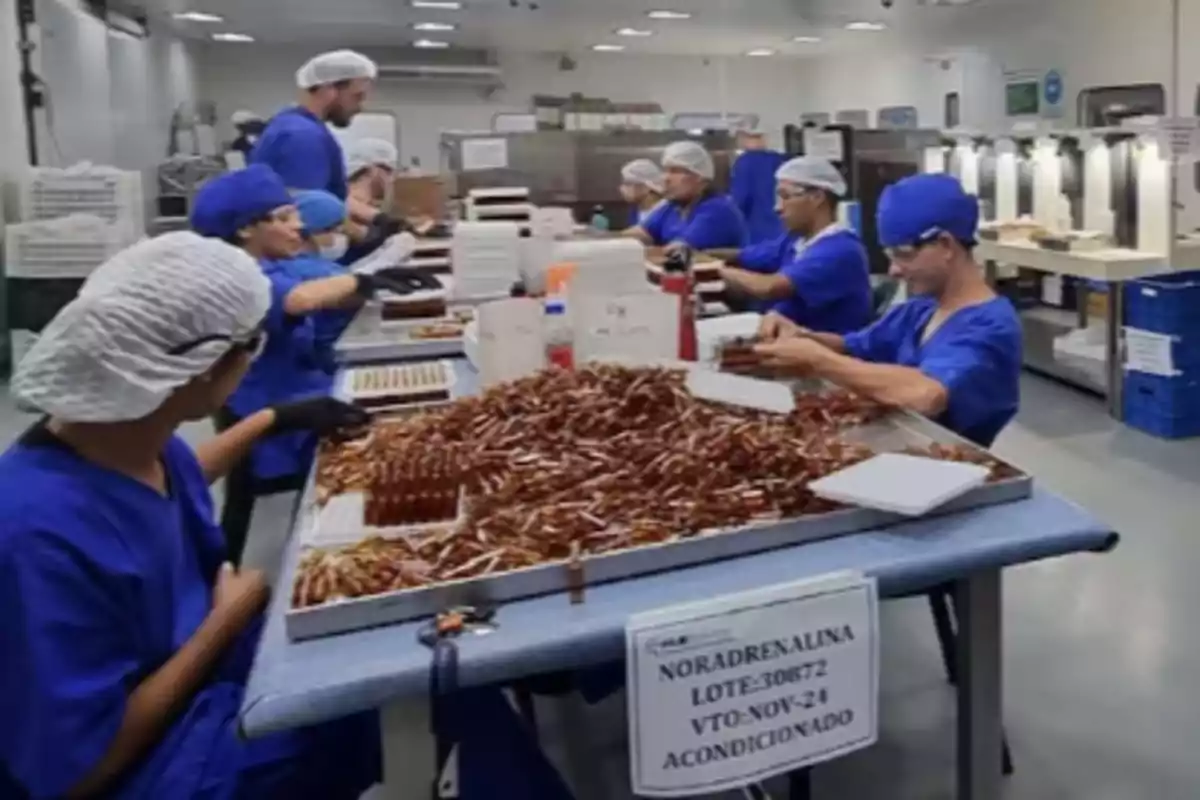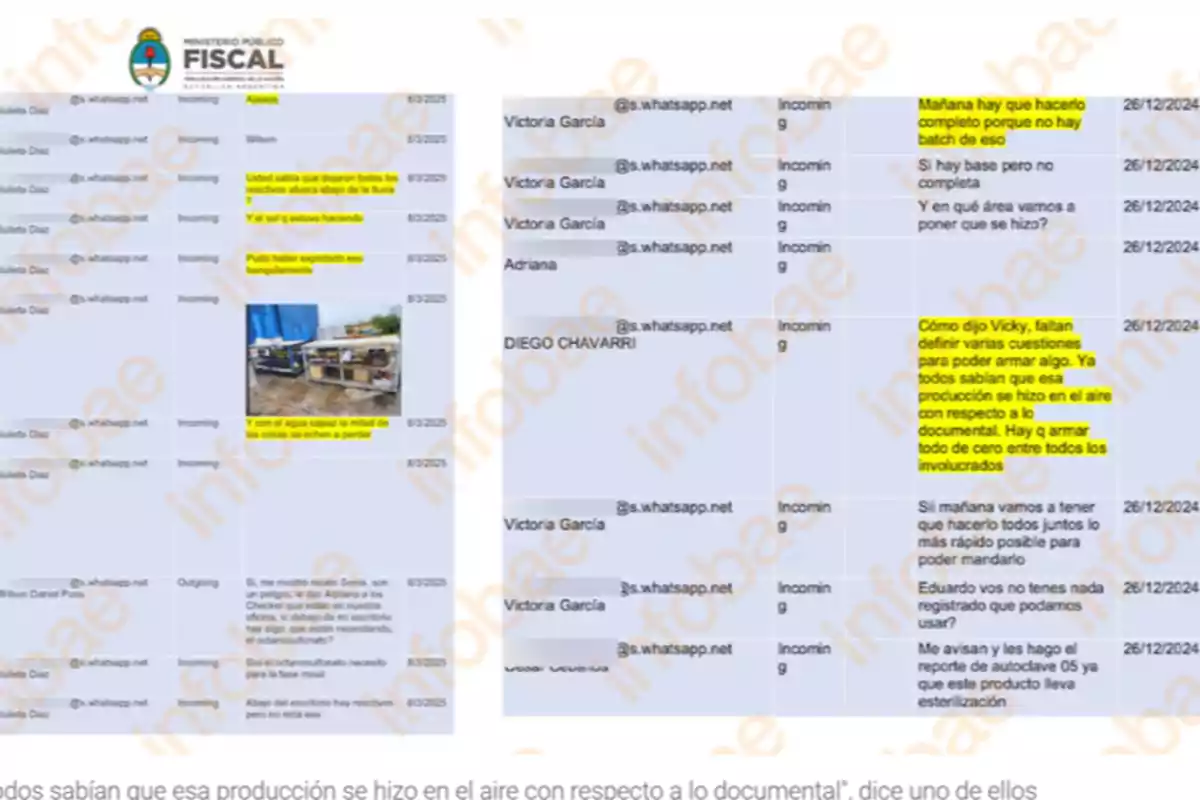
Fentanyl: the nefarious chats from the laboratory hiding the expired medicines
The messages between employees of Laboratorio Ramallo SA and HLB Pharma Group SA: 'Hide all the expired reagents'
The scandal shaking the Argentine healthcare system has a name: Ariel García Furfaro, already known as the "Fentanyl Lord." Owner of the HLB Pharma group, he is accused along with his accomplices of manufacturing and distributing contaminated batches of fentanyl that caused more than 100 deaths. The judicial investigation, led by federal judge Ernesto Kreplak of La Plata, and prosecutor Laura Roteta, reveals a web of criminal negligence, cover-up, and corruption that for years was hidden under the noses of INAME and ANMAT, agencies dismantled and politically co-opted during Kirchnerism.
Far from being an accident, the laboratory's internal chats show that executives and employees were fully aware of the risk involved in their operations. In December 2024, when batch 31202 of adulterated fentanyl was manufactured, a technician warned: "That could have easily exploded." The phrase not only reflects the irresponsible handling of expired chemicals, but also the cynicism with which patients' lives were treated.

Before ANMAT inspections, employees received internal alerts: "Hide all expired reagents." The order was clear: hide dangerous chemicals in the rain and sun, preventing inspectors from finding evidence of irregularities. In a chat on March 8, 2025, a photo was even attached of the chemicals thrown outdoors.
The improvisation reached grotesque levels: when an inspection was announced, they painted the peeling walls and hid expired drugs. An employee summed up the desperation: "We're in deep trouble. Well, we'll have to fight through it."

The list of criminal charges
Manufacturing and selling batches 31202 and 31244 of adulterated fentanyl, with at least 20 confirmed deaths.
Disobeying explicit ANMAT orders to withdraw products from the market.
Concealing expired reagents and falsifying documentation afterward.
Presence of multidrug-resistant bacteria (Klebsiella pneumoniae, Klebsiella variicola, and Ralstonia mannitolilytica) in the contaminated batches.
Discovery of official ANMAT seals in vehicles without legal justification.
Explicit acknowledgment in chats of having "fabricated" drug traceability documentation.

On December 26, 2024, just eight days after the production of the lethal batch, an employee wrote: "The fentanyl turned out bad, we have to repeat it tomorrow... Everyone already knew that production was done without proper documentation." It became clear that document falsification was part of the usual operation.
Even after the scandal broke and the complaints from Hospital Italiano de La Plata—where 15 out of 18 patients treated with the contaminated product died—the chats reveal that the laboratory continued handling expired substances and falsifying labels: "We're going to fill with distilled water and label with an old batch to complete missing ampoules."
The moral decay of the business was reflected in a message from May 19, 2024, when technical director Wilson Pons warned: "The truth is, the production situation is regrettable; until something serious happens, it seems they won't learn their lesson." The "lesson" came with more than 100 deaths.
More posts: